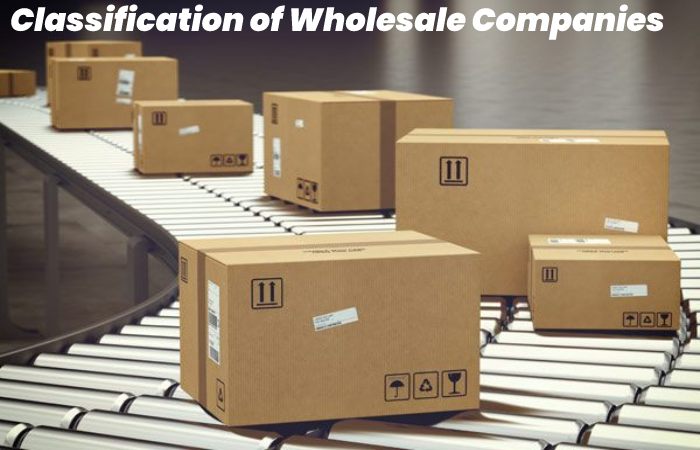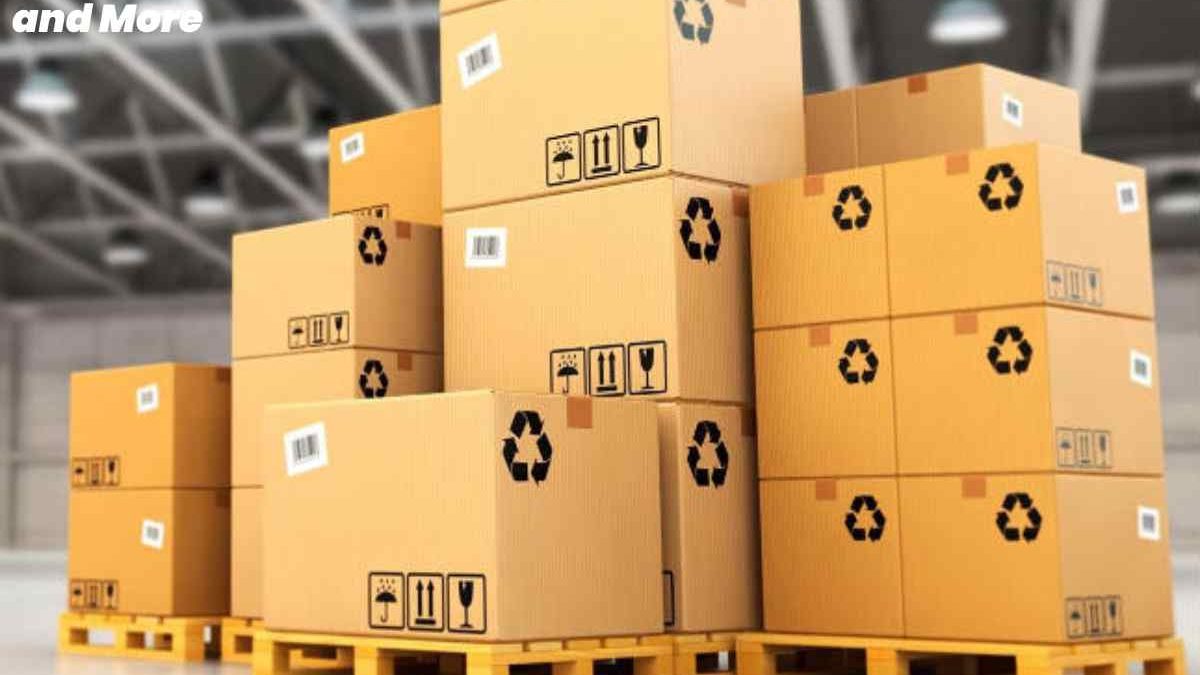Table of Contents
What is WholeSale?
At the most basic stage of the sharing chain, the wholesaler is at an intermediate point between the initial producer of a good or service and the retail company that, finally, will put the goods on the market so that customers can access them. This marketplace is called the wholesale market place.
It is necessary to point out that a wholesaler, by definition, does not set up a relationship that can unite producers of goods and services and clients or final consumers. His action is limited to functioning as a sales agent within the supply or distribution chain, where he establishes his business.
Main Characteristics of the Wholesale
The main characteristics of the wholesaler are:
- Always trade in big amounts, together with buying and selling.
- It buys said volumes from first producers (factories, farmers, ranchers, among others) or another wholesale agent.
- It sells to retailers usually, although it can also sell to other wholesalers and still be a producer.
- In general, in no case connect to the end customer.
- They are basic pillars of sharing chains, as they provide greater association and speed of transition in them.
In many cases, wholesale companies take on everyday jobs outside of the auction itself since there are cases in which this type of agent is also in charge of carrying out storage, transport and transforming merchandise by labelling, packing or packaging it for sale. Your next sale.
However, in most cases, this is seen as something negative. Being considered an intermediary agent adds higher costs to the products and, therefore, reduces the degree of profitability they carry with them.
Classification of Wholesale Companies

Based on different criteria, it is possible to distinguish between different types of wholesalers:
- Because of its origin and location, for example, a Spanish or Mexican trader.
- By markets or sectors in which they give facility. For example, a wholesaler collects and distributes food.
- If your clientele is sporadic or there is an association over time or loyalty.
- Because of the auction mode, which can be remote, self-service or usual.
Advantages and Disadvantages of Wholesalers
The main disadvantage of wholesalers is that they add costs to the product and reduce the profitability of the products they sell. Wholesalers demand margins in addition to those granted to retailers, although these margins are ultimately their reward for the services they provide.
Also, distributors can have great bargaining power vis-à-vis the developed companies whose products they distribute because they account for a large volume of the manufacturing company’s total sales. It also has the unconstructive effect of intent demand. The loss of the distributor or its insolvency endangers the manufacturing company’s volume of sales and real income.
However, wholesalers are essential links in the sharing channel to consolidate the distribution of products or services by considerably increasing the capillarity of a distribution channel and its maturity.
Types of Wholesalers
Wholesalers of origin: They are usually in agriculture, livestock and fishing (exchange). These wholesalers are located near the producing area.
Destination wholesalers normally buy the merchandise from origin wholesalers and sell it to retailers. To guarantee the supply to areas of great consumption and large urban centres, these wholesalers locate near said places of consumption.
Differences between Wholesale and Retail
The difference between wholesalers and retailers is their position in the distribution chain. The retailer is the “last link” in this chain and is in contact with the final buyer.
It must take into account that this model is changing and that today there are wholesalers who act as wholesalers and retailers, especially since the appearance of online commerce.
What Benefits Does a Wholesaler Get?
Their business model is very efficient. When you have many customers spread out over different geographies, selling directly to them can be a cumbersome task. Furthermore, handling small orders adds more costs and administrative efforts to keep everything in order.
Selling wholesale allows you to expand your reach geographically and handle large sales volumes. Of course, for everything to go well, they must have infrastructure, logistics and administrative processes per the needs of their clients.
Specialized Wholesalers or Single Line Wholesalers
They specialize in a particular line comprising different products. For example, an electrical goods merchant deals in different varieties of products, namely light bulbs, tubes, wires, switches, sockets, heaters, etc. white cement etc
Full line Wholesalers
These wholesalers provide the finished goods required by a particular industry or organization. For example, hospital supply companies can supply the full range of goods or equipment hospitals need. Similarly, the scientific goods required by a laboratory at a university may be provided by a single wholesaler who deals in scientific goods. The buyer benefits greatly and does not need to rely on different providers for their needs.
How does Wholesale Work?
Wholesaling is buying products in bulk from manufacturers or distributors. In stocking them in silos, and then reselling them to retailers for a profit. Okay, but how do wholesalers make an income?
Well, wholesalers buy huge amounts of the list for a low price and then sell the products in smaller pieces at a higher price. For a sample, a wholesaler might buy 1,000 bottles of water from a certain manufacturer for $1.58 per bottle. This would cost them $1,580. The wholesaler could then sell 50 bottles of water to 20 different retailers for $4.74 per bottle. It’s three times the price they originally bought each bottle.
Conclusion
The wholesaler is an intermediary in the distribution chain; that is, from the moment the product begins to produce or manufactured until it reaches the hands of the final consumer.
Depending on your business model, your supplier may be a wholesaler. Read more about business models in our accounting dictionary.
Said intermediary buys directly from the producer, manufacturer or other wholesaler or large intermediary and sells to a manufacturer, or wholesaler. It or another large intermediary, but never to the final consumer. This is also known as wholesale.
A wholesaler buying products in large quantities usually gets significant discounts. It is common for wholesalers to specialize in a particular product or product category.
The most common is that the wholesaler is in charge of transporting the products or merchandise; by offering it for free as part of the service or by agreeing on a price and terms with the retailer.

